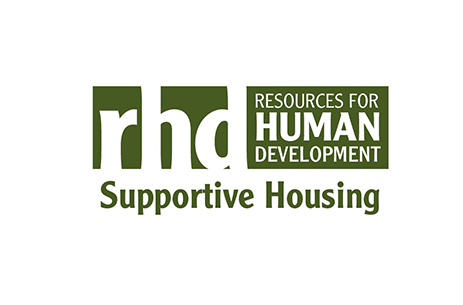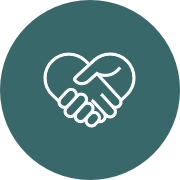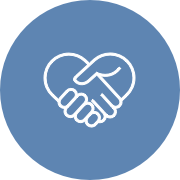RHD presents at National Housing First conference

April 17, 2018
RHD presented at the Housing First Partners Conference in Denver on the success that RHD’s Camden Supportive Housing program has had in providing comprehensive, recovery-oriented case management services to individuals who are homeless or at risk of homelessness. The program strives to embody the Values of RHD while embracing the tenets of Harm Reduction and Housing First.
RHD’s Camden Supportive Housing started as part of a needle exchange continuum compiled by the New Jersey Department of Human Services, and has grown to provide comprehensive, recovery-oriented case management services to individuals who are homeless or at risk of homelessness. The team provides services in people’s homes, working to ensure long-term tenancy and building toward the ultimate goal of recovery, wellness and independence. Utilizing case management services and embracing the tenets of Harm Reduction and Housing First, RHD Camden Supportive Housing has an 87 percent Housing Retention Rate.
RHD Supportive Housing programs are based on the principles of Housing First. The Housing First Model is built on the premise that housing is a basic human right and should not be denied to anyone. National studies show that areas embracing Housing First see a decline in the use of crisis services that results in millions of dollars in savings to public systems. Persons in Housing First experience a significant decrease in detox admissions, incarcerations, visits to Emergency Rooms, and nights spent in emergency shelters.
RHD Supportive Housing programs focus on respect for the dignity and worth of each individual. RHD works closely and cooperatively with state and local partners to ensure the best possible service. Staff and participants foster positive, productive relationships with landlords, neighbors and community partners. RHD Supportive Housing programs provide services to persons with diverse backgrounds – notably those who have struggled with homelessness, long-term or frequent stays in institutional settings, and years in large congregate settings.
“You can’t make a better choice than RHD,” said Leon, an RHD client who has successfully maintained his own housing. “I’ve been at RHD for four years. And, man, I’m hoping for 40 more.”
RHD’s Supportive Housing programs combine housing with supportive services in the areas of mental and physical health, addiction recovery, education, neighbor relations, employment and other life skills. Staff also connects participants with community services and supports that are necessary to sustain successful living in the community.
“We don’t try to force people into a certain approach; we’re flexible and meet consumers where they are,” said Julie Barnett, director of RHD Ocean County Residential Intensive Support Team. “We work together to achieve those goals in a way that involves wellness and recovery. That’s the RHD way – meet that person where they are.”
Models of Service:
• ACT (Assertive Community Treatment) Teams
• Medically Enhanced RIST (Residential Intensive Support) Teams
• RIST (Residential Intensive Support) Teams
• Mobile Psychiatric Rehabilitation Teams
• Supportive Housing Teams
|• Targeted Case Management Teams
• Critical Time Intervention Housing First
RHD believes recovery begins with safe, affordable and stable housing. This allows an individual to avoid multiple moves through different levels of housing, as these levels often create a system of artificial barriers to recovery. From our first Supportive Housing program for 10 persons in 1995, RHD has expanded this service to support more than 800 people across five states. RHD believes in giving everyone the opportunity to live in the least restrictive environment possible. RHD has a proven track record of helping people live independently, after stays in hospital settings, group homes or living on the street. RHD’s model works effectively with other populations such as the elderly, the re-entry population, and veterans in maintaining independence in their community of choice.


